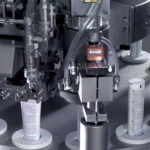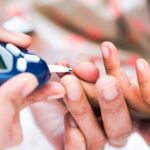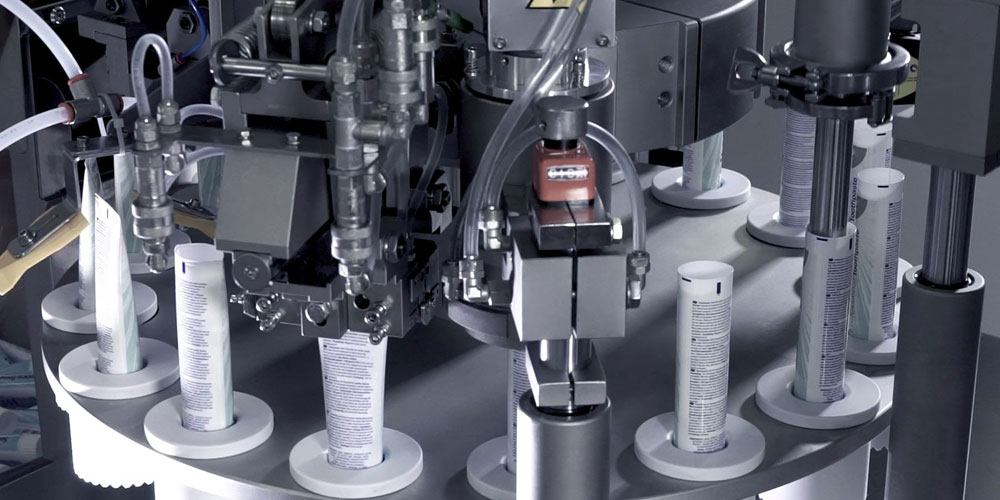
Indivior has agreed to halt all marketing of its opioid overdose drug Opvee in New York after being rapped by the state attorney general for mispromoting it to health officials.
New York AG Letitia James announced a settlement with Indivior, which has been accused of marketing Opvee (nalmefene) to public officials throughout the state as an interchangeable alternative to Emergent BioSolution’s Narcan (naloxone) even though it is not authorised for use without a prescription.
Opvee was approved by the FDA in 2023 as a prescription-only medicine, but has found it hard to compete in the US market against Narcan, which was approved in the same year as an over-the-counter (OTC) product that can be bought from a regular pharmacy without a doctor’s scrip.
The product has not met Indivior’s expectations, with the UK company – which has just announced a plan to switch domiciles to the US after listing on the Nasdaq and delisting from the LSE earlier this year – forecasting in July that full-year sales will reach just $10 to $15 million in 2025.
Aside from the lack of a legitimate OTC business, Opvee has also been hampered by what James described as advice from health officials across the US that Opvee is comparable in efficacy to Narcan but is associated with “significantly more severe side effects.”
The settlement with New York includes a commitment to repay any taxpayer dollars Indivior received for Opvee, recall all the sold doses, stop making false statements about the drug, and reform its marketing and training practices. According to James, the company said it would stop all promotion of the drug shortly after the settlement was signed.
Indivior acquired Opvee when it bought Opiant for $145 million in 2023, and has predicted annual sales of $150 million to $250 million for the product. It was viewed as an important product for the company as it faced the loss of patent protection for Suboxone, an oral film formulation of buprenorphine/naloxone that approached $1 billion in sales at its peak before succumbing to generic competition.
Since then, Indivior has managed to grow sales of its new product Sublocade (buprenorphine extended release), which is expected to bring in up to $785 million in sales this year, although the company has been forced to cut staff and simplify its operating structure as it tries to rebuild growth and its presence in the long-acting injectables market.
It’s not the first time that Indivior has run into trouble over marketing practices, however, and last year it was forced to pay $86 million to settle claims brought by 16 US states, including New York, that it contributed to the opioid epidemic in the US.
“Indivior cannot rewrite its history and exploit this drug crisis for profit,” said James. “After playing a role in fuelling the opioid epidemic, the company tried to position itself as part of the solution while misleading public officials and the communities they serve about which overdose treatments are safe, legal, and effective.”










